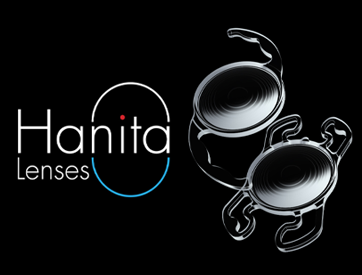Mr Quah graduated from Queen’s University of Belfast in 1994 and was first appointed to the position of an NHS Consultant Ophthalmologist in 2006. Over the years he has built up a very busy and successful practice in the Northwest. Mr Quah has special interests in management of ocular surface and corneal diseases, corneal transplantation, routine and complex cataract surgery, refractive surgery (laser and premium lens implantation), oculoplastics and general Ophthalmology. He has trained many surgeons in corneal transplantation, advanced refractive and cataract surgery. He is also an examiner for the Royal College of Ophthalmologists for the FRCOphth and CertLRS exams.
Mr Say Aun Quah
Consultant Ophthalmologist
MB BCh BAO PGDip CRS (Dist) FRCOpth
Why choose Mr Say Aun Quah?
Mr Quah is a highly skilled and experienced Consultant Ophthalmic surgeon. He provides a fully comprehensive consultant delivered service. You will see Mr Quah himself throughout the journey of your care. Mr Quah has access to all the latest diagnostic and surgical equipment and he will personally perform your treatment.
Clinical Excellence, Reputation & Trust
Mr Quah has completed his training at many prestigious eye hospitals including Moorfields Eye Hospital, Guy’s & St Thomas’ Hospitals in London and St Paul’s Eye Hospital in Liverpool. He frequently receives tertiary referrals from his consultant colleagues for management of patients with complex refractive problems. Many of his colleagues have referred themselves or their family members for treatment by Mr Quah.

 Tel: 01270 567477
Tel: 01270 567477 Book An Appointment
Book An Appointment

